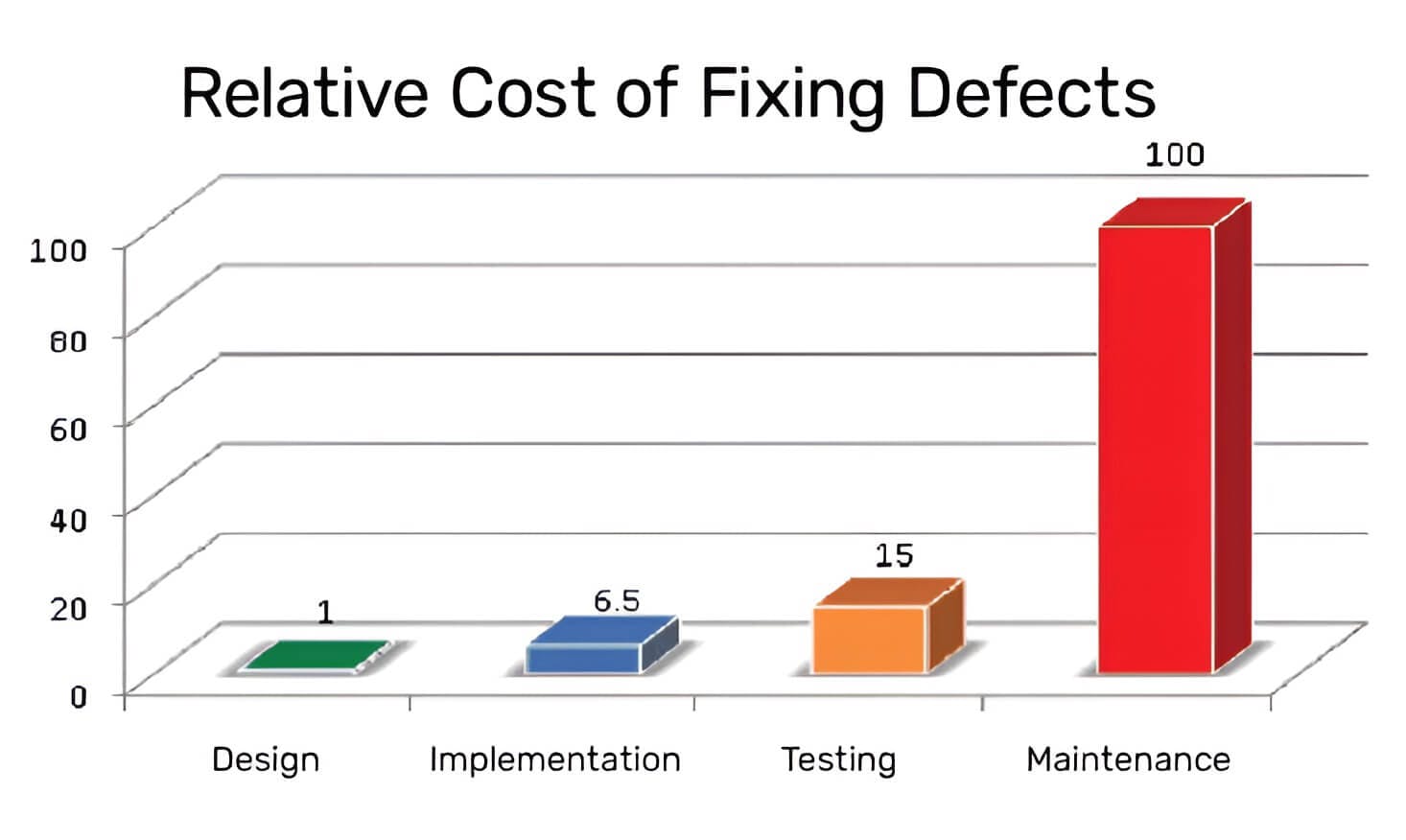Throughout my career as a software engineer, I have worked in many different kinds of situations. From small teams to some of the biggest in the industry. The successful ones all had one thing in common: they valued their employees as the cornerstone of their business. In the fast-paced software world, companies might get so focused on delivery that they fail to see their own mistakes. We'll go over some typical mistakes I've faced before and wished to change while working at those companies.
1. Not investing in employees
Employees are the backbone of any business. They form the foundation. It is critical for companies to invest in their employees' personal development. Because it is their skills, expertise, and motivation that result in high-quality products. They are an essential part of your company's success. A poorly trained or demotivated workforce, on the other hand, might result in decreased productivity, higher error rates, missed deadlines, and, ultimately, dissatisfied customers. Do not consider your employees as disposable operation units; doing so will lead to the failure of your organization.
2. Not prioritizing automated testing
A lack of expertise can lead to deprioritizing or not understanding automated testing. The problem is that testing is an essential component of the software development process. Because it doesn't only ensure your product can run smoothly; it also helps identify and resolve issues before they become major problems. Without proper testing, your product will most likely suffer from a range of issues. Unexpected crashes, bugs, errors — you name it. This leads to a negative user experience. Therefore, frustrated users stop using your products. Some critical bugs can even lead to reduced sales or legal issues. Also, without proper testing, you can't refactor your legacy code. I talked about this topic in one of my previous articles.

3. Failing to plan
Planning is a fundamental component of the software development process. It's often overlooked in favor of fast delivery. The pressure to release quickly can lead to rushed coding without sufficient planning, which can result in a range of issues. It can lead to scope creep, poor communication, and of course, delays. Poor communication results in poor collaboration, and so on. It will drain the limited resources you have, leading to inefficiencies and poor user experiences. Not only that, your employees won't be able to measure their impact and will always feel like they're failing. This will result in employee attrition.
If you're a small company, I would suggest that you not only listen to your managers but also listen to all of your employees.
4. Ignoring feedback
We're going to talk about two different types of feedback: employee feedback and customer feedback.
Employee feedback provides valuable insights into the development process and helps identify improvement areas. If you think you know it all as a manager or fail to take employee feedback seriously, thinking it's unimportant or irrelevant, this will reflect on your company. It will lead to a lack of engagement and motivation among team members. They will feel like their contributions are not valued, so they will contribute the bare minimum. Poor morale, reduced productivity, and high turnover rates result in a costly mistake for your company.
Besides that, ignoring user feedback is also an equally problematic mistake. Disconnecting your product from the needs of its end users can easily lead to a poor user experience and lost sales. You should use user feedback as a guide to the development process.
5. Micromanagement
Micromanagement is an absurd management style where managers closely monitor and control those who report to them. I'm sure many of us have dealt with micromanagement at some point in our careers. This will result in a lack of trust between managers and staff, which will lead to less collaboration and communication. It will affect the quality of deliveries. Employees will be disengaged and demotivated. They will feel a lack of autonomy and control over their work. Eventually, there will be less creativity and innovation.
What actions can you take to avoid micromanagement? Simple: Trust in your employees. Encourage open communication. Listen to employee feedback and provide feedback regularly. Focus on the outcome. Rather than controlling, provide support and guidance.
Let me conclude this section with a Steve Jobs quote:
The greatest people are self-managing -- they don't need to be managed. Once they know what to do, they'll go figure out how to do it. What they need is a common vision. And that's what leadership is: having a vision; being able to articulate that so the people around you can understand it; and getting a consensus on a common vision.
Stay Connected
Thank you for reading! If you enjoyed this article, consider following me on https://twitter.com/akmandev and https://www.linkedin.com/in/ozanakman for more content like this.
I'm trying to regularly share insights on software engineering that can help you improve your skills and stay up-to-date with the latest trends in the industry. I appreciate your support and hope to connect with you soon!


